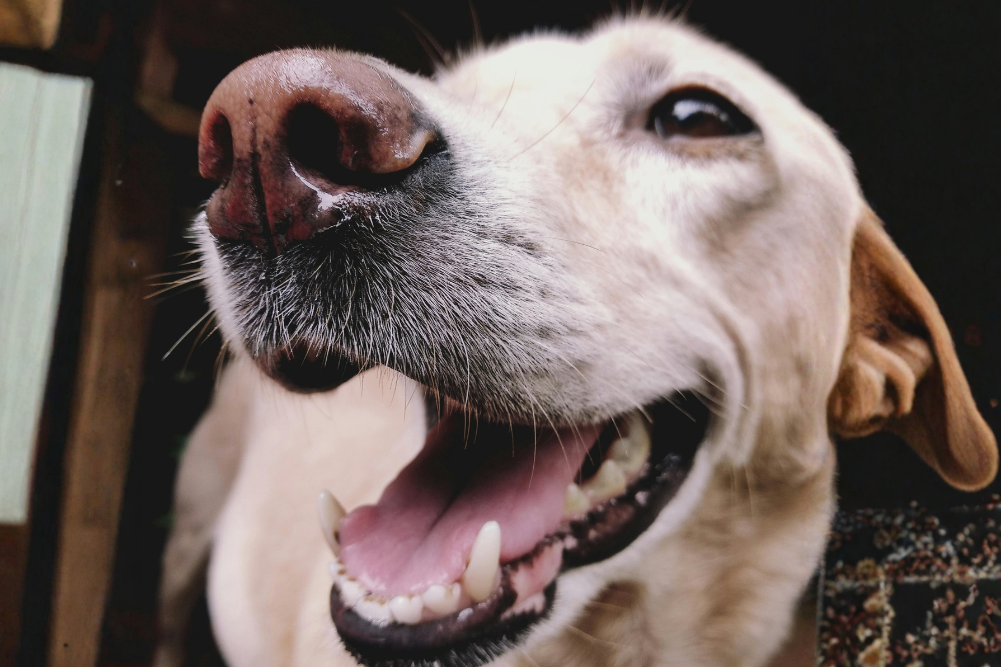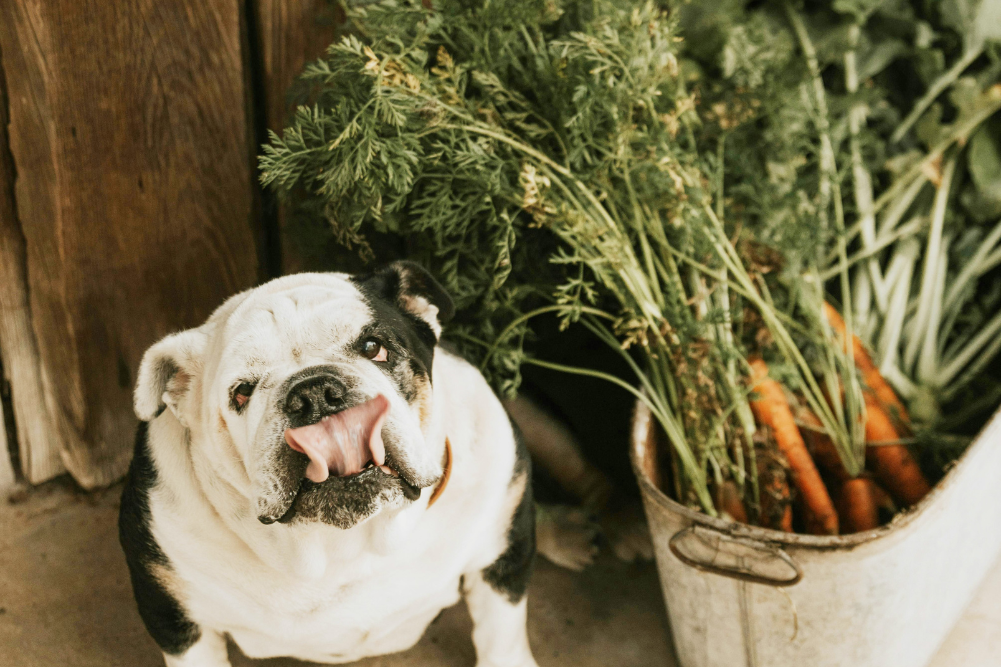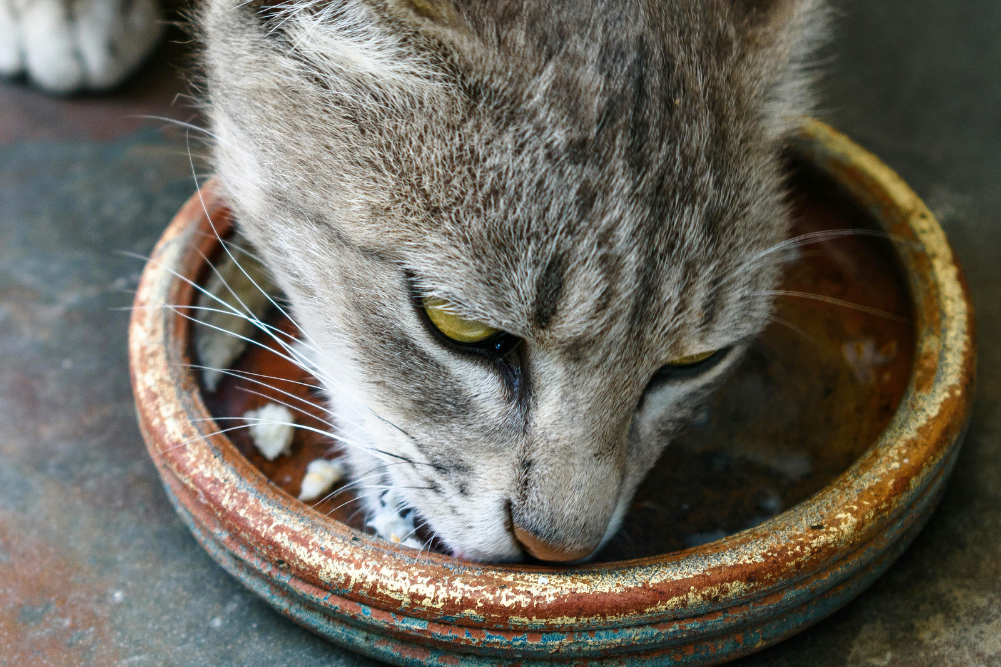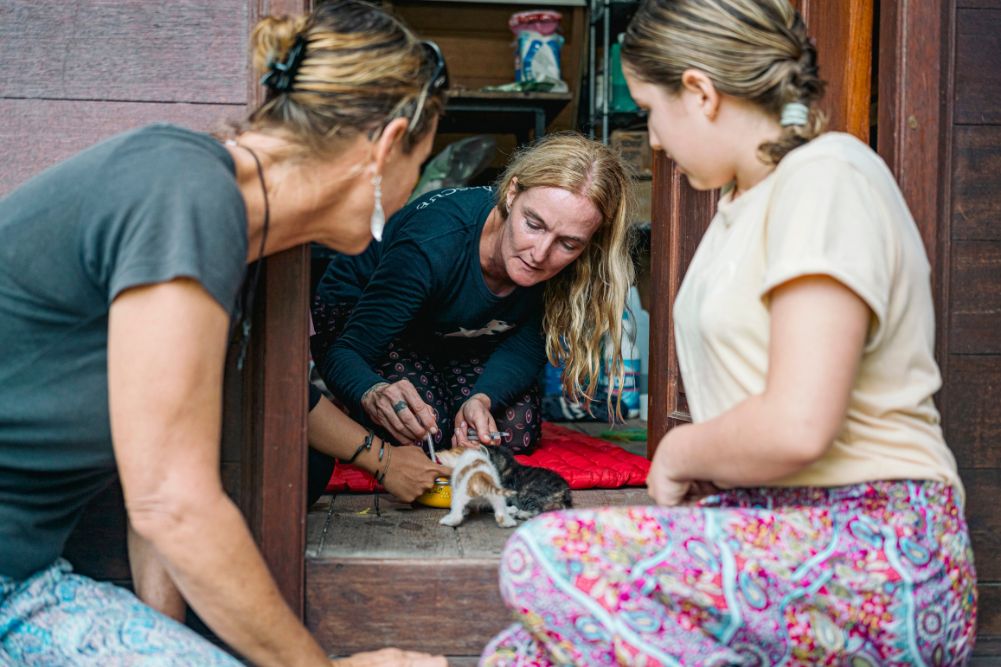Pet power: helping you with break-ups
Social rejection comes to us all at one time or another. It might be that your peer group looks askance at the new purple jeans that you thought looked amazing when you tried them on in the shop. Or perhaps at the other end of the scale there are those “it’s not you, it’s me” moments when a significant other says “that’s enough now” and you know in your heart of hearts that it really is “you”. So how do you cope when the inevitable moment comes? Do you curl up in a ball in the corner? Maybe you turn to the dark, nurturing mother chocolate, or engage in a touch of conspicuous consumption, like purchasing a Porsche, just to reassure yourself that you are alright. According to a new study, what you might want to do is think about your pet.
Next time your peer group disrespects you, instead of turning to a chocolate bar it might be worth thinking about your pet.
The new research actually included three studies. For the studies, subjects were asked to recall a past experience of either social rejection, social acceptance or a physical injury (a control group). They were then given questionnaire to establish their sense of wellbeing. Then the subjects named either cats or dogs (in studies 1, 2, 3), people (study 2) or plastic toys (study 3) before reporting their sense of wellbeing for a second time.
The findings showed that, across all three studies, naming cats or dogs reduced feelings of social rejection. Naming humans did not produce the positive effect but naming anthropomorphic plastic toys did produce a similar positive effect. To test the role of anthropomorphism (the tendency to attribute human qualities to non-human things) in this phenomenon, study 3 also measured subjects’ tendency to anthropomorphise and included a condition in which participants only viewed animals or toys. Rejected participants who simply viewed photos of cats or dogs (without naming them) experienced improved wellbeing if they were already inclined to engage in anthropomorphism.
Overall, these results suggest that even briefly thinking about cats or dogs is an effective strategy to reduce feelings of social rejection, and that a tendency towards anthropomorphism can produce this soothing effect. So if it will work to think of any cat or dog imagine the benefits of thinking of your own beloved pet.
Next time your peer group disrespects you, instead of turning to a chocolate bar it might be worth thinking about Tiddles or Buster instead.








